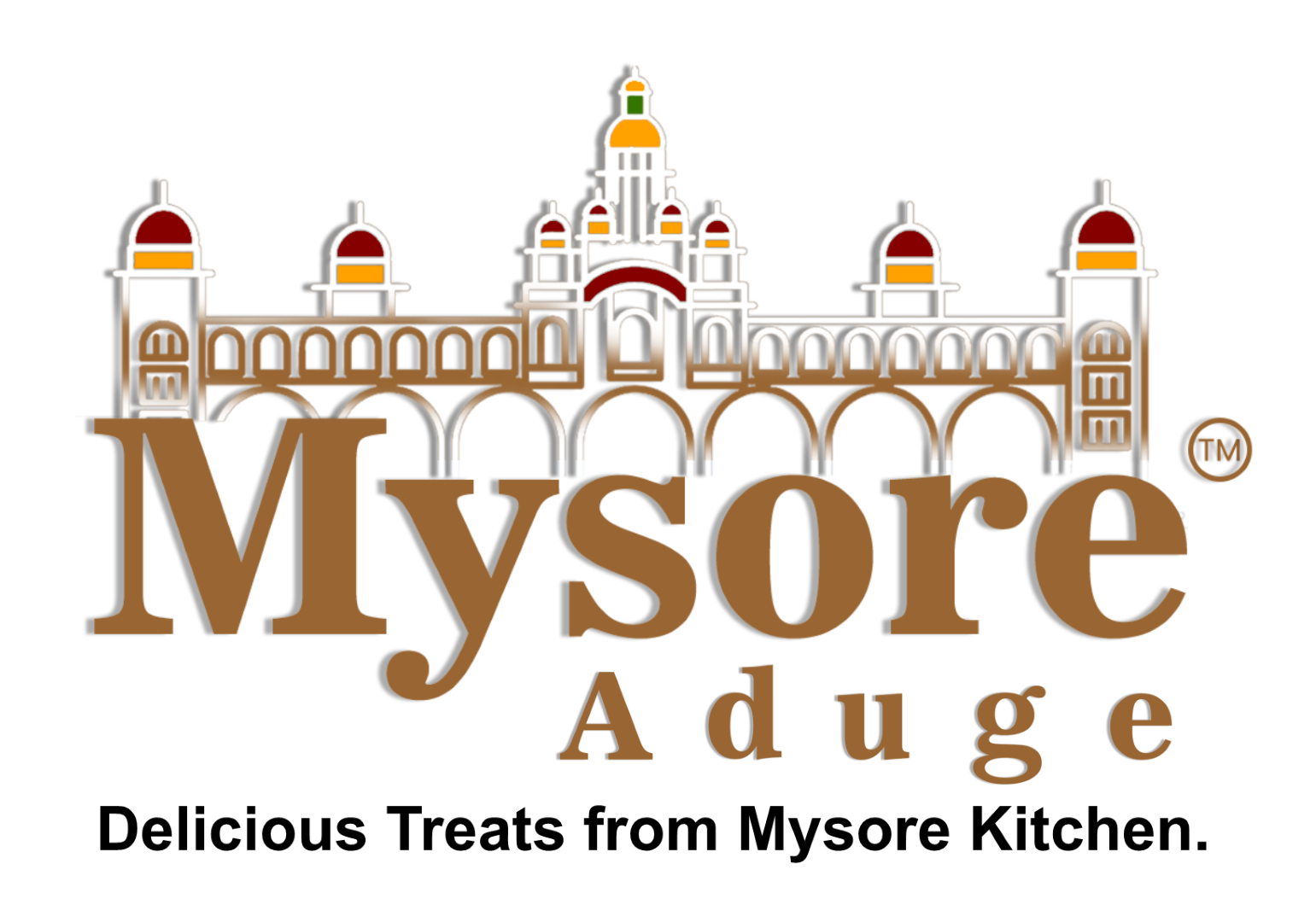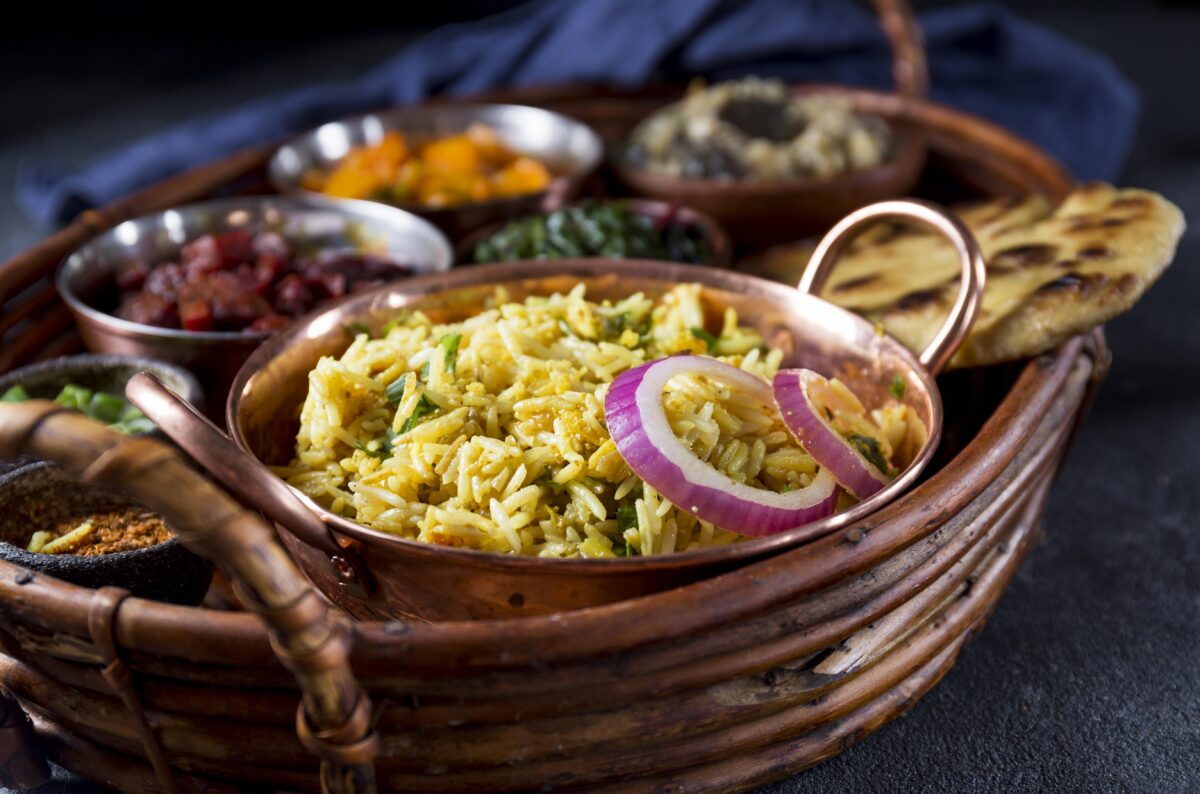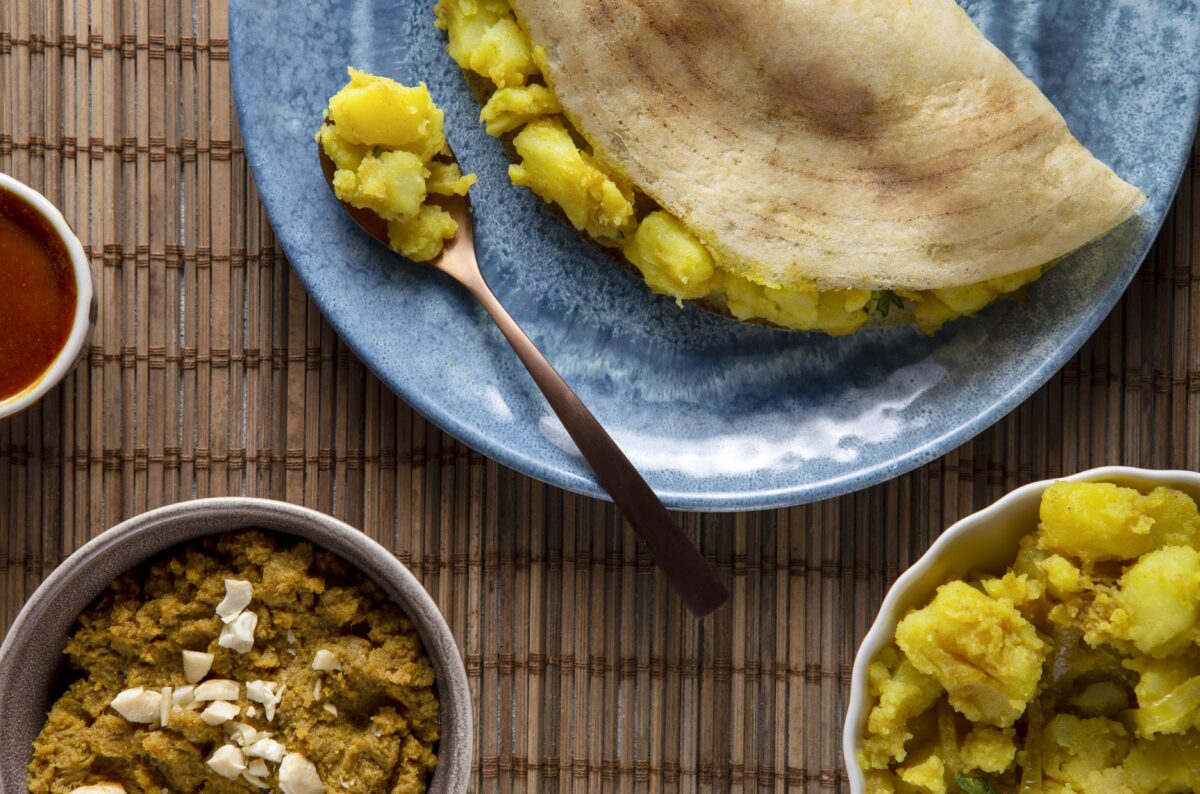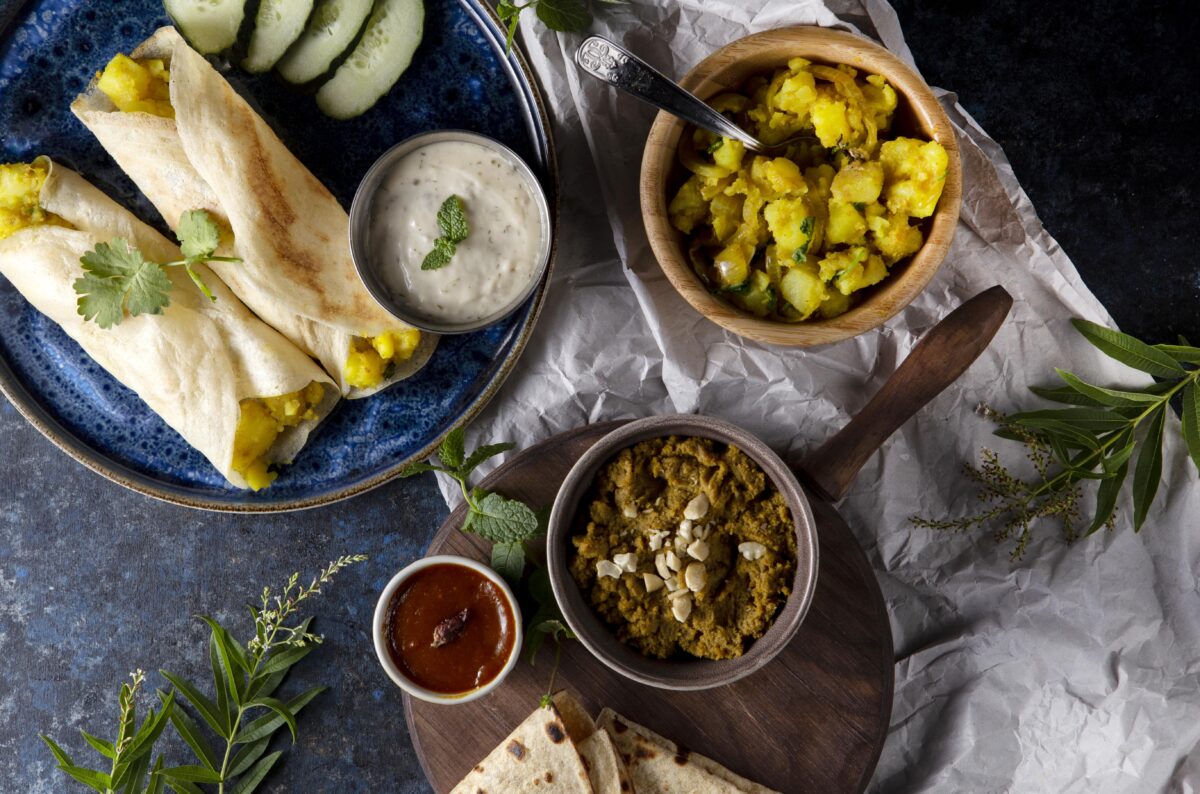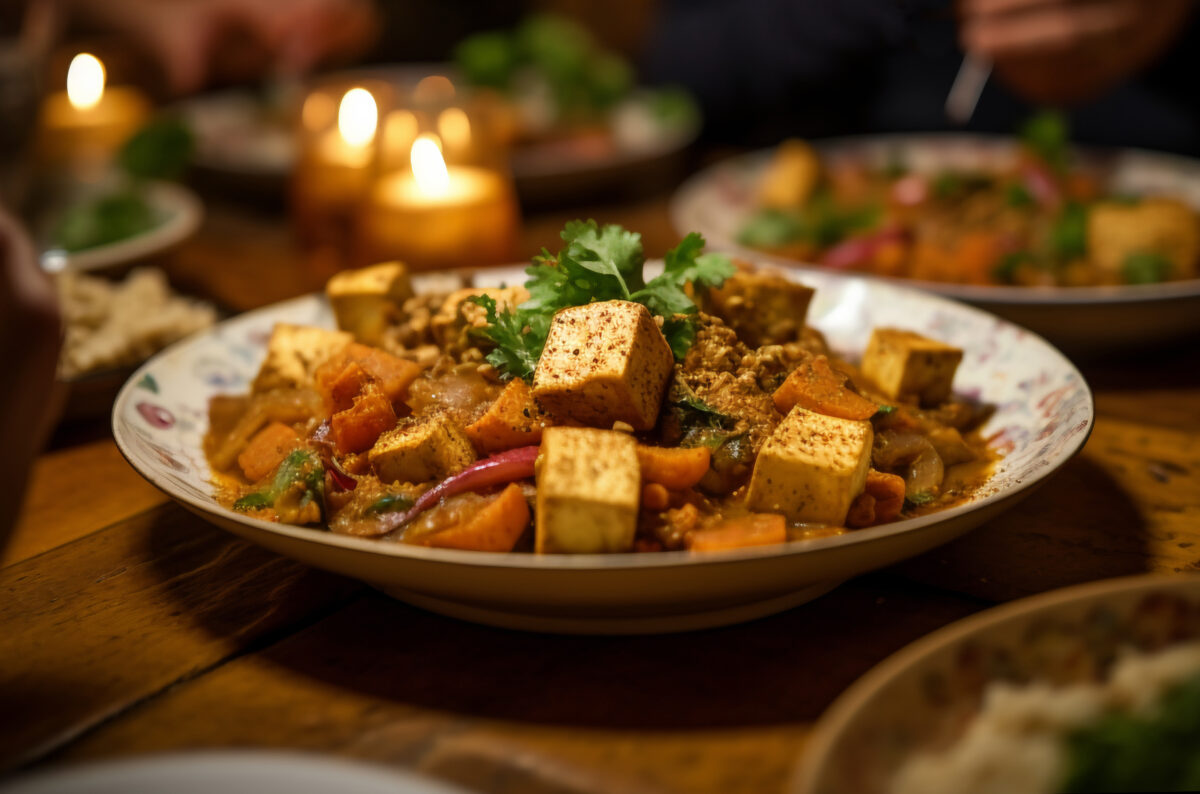
- October 9, 2025
Best Restaurant Franchise for Small Towns in India (2025 Guide)
Introduction
India’s Tier 2 and Tier 3 cities are quickly becoming the new hotspots for business growth, especially in the food and beverage industry. As metro markets reach saturation, small towns are witnessing a surge in consumer demand for quality dining experiences and branded eateries. The growing disposable income, rising awareness of hygiene, and the influence of social media have created fertile ground for aspiring entrepreneurs.
For investors and food lovers, owning a restaurant franchise for small towns in India presents an opportunity to tap into a rapidly expanding market. With lower setup costs and higher growth potential, this is the right time to bring established restaurant brands to smaller cities across the country.
Why Restaurant Franchises Are Thriving in Small Towns
1. Affordable Real Estate and Lower Operating Costs
In metro cities, real estate and operational costs can drain profits. In contrast, small towns offer affordable rental spaces in prime locations such as markets, malls, and near educational hubs. This allows franchise owners to operate efficiently and achieve profitability faster.
2. Changing Consumer Lifestyles
A decade ago, eating out was an occasional indulgence. Today, it’s part of a routine. Young professionals, students, and families in Tier 2 cities are seeking branded dining experiences that blend taste with hygiene. This cultural shift has fueled the rise of restaurant franchises across India’s semi-urban regions.
3. The Digital Push and Delivery Revolution
With affordable smartphones and widespread internet access, small-town consumers have embraced food delivery apps like Swiggy and Zomato. This digital transformation allows franchise owners to reach customers both offline and online, increasing visibility and daily orders.
4. Government Support for Entrepreneurship
Programs like Startup India and the Smart Cities Mission have encouraged business development beyond metro areas. Incentives such as easier licensing, subsidies, and improved infrastructure make it simpler for entrepreneurs to set up restaurant franchises in smaller towns.
The Advantages of Investing in a Restaurant Franchise
1. Trusted Brand and Proven Business Model
Franchise ownership eliminates the trial-and-error phase of starting a restaurant from scratch. Partnering with an established brand means gaining access to proven recipes, training, vendor relationships, and operational systems. Customers are more likely to trust a recognized brand than a new local setup.
2. Marketing and Operational Support
Most restaurant franchises offer assistance in marketing, branding, and location scouting. Brands such as Mysore Aduge and Chaat Ka Chaska provide end-to-end guidance, ensuring that franchisees are equipped with the tools to succeed from day one.
3. Lower Risk and Faster ROI
Compared to independent restaurants, franchises come with defined investment structures, predictable costs, and a tested business model. Entrepreneurs can expect a shorter breakeven period and consistent support from the parent brand.
Top Restaurant Franchise Models for Small Towns in India
1. Mysore Aduge – Authentic South Indian Flavors with a Modern Touch
Mysore Aduge is a growing South Indian vegetarian restaurant brand that celebrates the culinary heritage of Mysore. Established in 2021, it has become a trusted name known for its authentic dishes like Mysore Masala Dosa, Bisi Bele Bath, and Puliyogare.
For entrepreneurs seeking a restaurant franchise for small towns in India, Mysore Aduge offers a turnkey solution. Franchisees receive complete support, including training, site selection, interior design, and marketing. With its focus on healthy, vegetarian cuisine and cultural authenticity, Mysore Aduge appeals to a wide customer base while maintaining manageable investment levels.
Investment Range: ₹25–40 lakhs
Ideal For: Entrepreneurs in Tier 2 cities looking for a culturally rooted and profitable restaurant model.
Learn more: Mysore Aduge Franchise Opportunities
2. Chaat Ka Chaska – Indian Street Food, Reimagined
Chaat Ka Chaska has redefined Indian street food by offering hygienic and brand-backed experiences in Tier 2 cities. With its focus on authentic flavors, low investment requirements, and strong local appeal, it is an ideal choice for entrepreneurs who want to tap into India’s love for traditional snacks in a professional, family-friendly setting.
Investment Range: ₹10–15 lakhs
Model Type: Quick-service restaurant (QSR)
USP: No royalty fees, end-to-end franchise support, and fast breakeven.
3. Insights from Mr. Blue and FranchiseBazar
Platforms like Mr. Blue and FranchiseBazar have popularized low-investment business opportunities, especially in the food sector. Mr. Blue emphasizes top affordable franchises across industries, while FranchiseBazar provides educational resources for potential investors, including step-by-step guidance on setting up a restaurant in smaller towns.
These platforms highlight how restaurant franchises for small towns in India are evolving from metro-focused brands to national networks that serve every city, from Coimbatore to Kanpur.
How to Choose the Right Franchise for Your City
Selecting the right franchise depends on local preferences, capital, and brand alignment.
- Study Local Demand: Identify what cuisine dominates your city. South Indian restaurants, for instance, perform well in both North and South India due to their universal appeal.
2. Evaluate Brand Support: Choose brands that offer continuous training, marketing, and supply chain support.
3. Assess Franchise Terms: Compare royalty fees, franchise duration, and return on investment.
4. Location and Space: Select high-traffic areas such as near colleges, malls, or IT parks.
5. Digital Presence: Ensure the brand supports online ordering and delivery platforms.
The Future of Food Franchising in India
Between 2025 and 2030, small-town India is projected to drive the majority of new franchise openings. Cities like Mysuru, Indore, Coimbatore, and Bhopal are witnessing a surge in branded restaurant outlets.
Emerging trends include cloud kitchens, delivery-focused models, and hybrid dine-in setups that combine affordability with convenience. Regional brands like Mysore Aduge are leading this transformation, proving that authenticity and scalability can go hand in hand.
Conclusion
Small towns in India are evolving into the country’s most dynamic business markets. With affordable investments, growing consumer demand, and strong franchise support, now is the perfect time to enter the restaurant industry.
If you are passionate about food and ready to invest in a proven business model, explore Mysore Aduge’s South Indian restaurant franchise for small towns in India. Bring authentic flavors, trusted systems, and profitable opportunities to your community.
Ready to start your journey?
Contact Mysore Aduge today to learn more about franchise opportunities and become part of India’s next restaurant revolution.
Frequently Asked Questions
Mysore Aduge and Chaat Ka Chaska are among the top-performing franchises for Tier 2 and Tier 3 cities. Both offer strong brand value and low investment options.
Depending on the brand, a restaurant franchise can start from ₹5–10 lakhs for kiosks to ₹40–70 lakhs for full-scale restaurants.
Yes, apps like Swiggy, Zomato, and Dunzo have extensive networks in smaller towns, significantly increasing sales opportunities.
Reputed brands such as Mysore Aduge provide end-to-end support, including staff training, operational guidance, and digital marketing assistance.
